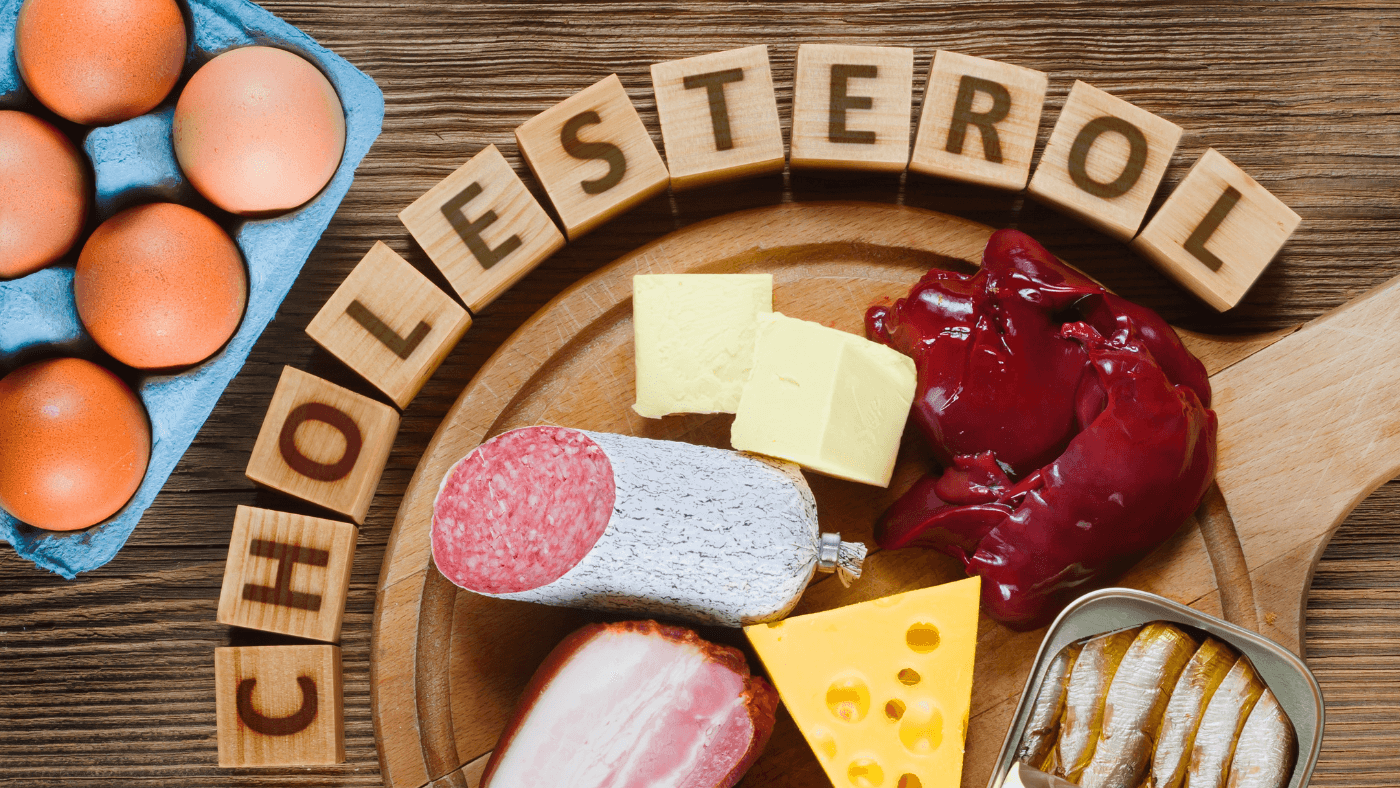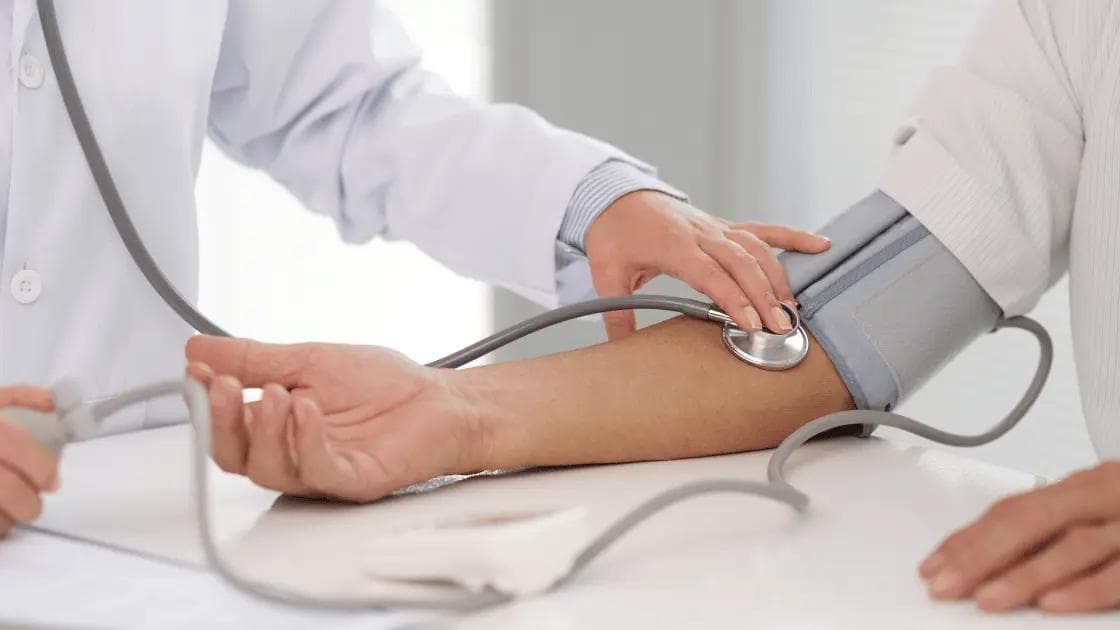
Are you ready to take charge of your heart health? Managing cholesterol levels is an important step in lowering the risk of heart disease and stroke. This is especially true for people with high cholesterol, known as hyperlipidemia.
The good news is that you can manage cholesterol levels and improve your health with the right approach. Let’s explore what hyperlipidemia is, its impact on your health, and practical steps to take control.
Understanding Hyperlipidemia
Hyperlipidemia refers to elevated levels of lipids (fats) in the blood, including cholesterol and triglycerides. Cholesterol is important for building cells and making some hormones. However, too much cholesterol can cause health issues. It can create fatty deposits in your arteries.
There are two main types of cholesterol:
People often call Low-Density Lipoprotein (LDL) cholesterol "bad" cholesterol. High levels of LDL can cause plaque to build up in the arteries, increasing the risk of heart disease. Learn more about the impact of cholesterol on blood pressure in our High Blood Pressure Blog.
People often call High-Density Lipoprotein (HDL) cholesterol "good" cholesterol. HDL helps remove LDL cholesterol from the blood. This action reduces the risk of blocked arteries.
Causes of Hyperlipidemia
Several factors contribute to high cholesterol levels, including:
Poor Diet: Foods high in saturated fats, trans fats, and cholesterol.
Insufficient Exercise: Leading a life with minimal physical movement can result in gaining weight and elevated cholesterol levels.
Obesity: Higher levels of bad cholesterol and lower levels of good cholesterol are linked to being overweight. Learn more about managing weight in our Obesity Blog.
Tobacco Use: The habit of smoking can harm blood vessels and reduce the levels of HDL cholesterol.
Genetics: Familial hypercholesterolemia is an inherited condition that causes high cholesterol.
How to Manage and Reduce High Cholesterol
Managing cholesterol effectively requires a combination of lifestyle changes, dietary adjustments, and sometimes medication. Here are practical steps you can take to manage and reduce high cholesterol levels:
1. Embrace a Diet Beneficial for the Heart
Cut Down on Saturated Fats: Minimize consumption of red meat and high-fat dairy products. Choose lean meat and dairy products with low fat content.
Avoid Trans Fats: Trans fats are typically present in fried and industrially baked goods. Examine food labels and steer clear of items containing "partially hydrogenated oils."
Increase Fiber Intake: Foods rich in soluble fiber—such as oats, fruits, vegetables, and legumes—help lower LDL cholesterol.
Consume Omega-3 Fatty Acids: Include oily fish such as salmon, mackerel, and sardines in your meal plan. You can also get omega-3s from walnuts, flaxseeds, and chia seeds.
Opt for Nutritious Fats: Substitute butter or margarine with healthier options like olive oil, avocado, and nuts.
2. Consistent Physical Exercise
Exercise Regularly: Aim for at least 30 minutes of moderate to intense exercise most days of the week. Activities like brisk walking, cycling, swimming, and jogging can help raise HDL cholesterol and lower LDL cholesterol.
3. Sustain a Balanced Weight
Lose Weight Gradually: Even a slight reduction in weight can significantly impact your cholesterol levels. Concentrate on steady, long-term weight loss through proper nutrition and consistent physical activity.
4. Quit Smoking
Improve Your HDL Levels: Quitting smoking improves your HDL cholesterol and supports heart health. For more support on quitting, explore our Primary Care Services.
5. Restrict Alcohol Intake
Balance is Crucial: Although moderate alcohol intake might offer certain cardiac advantages, overconsumption can result in severe health problems, such as elevated cholesterol levels. Adhere to the guidelines for moderate drinking—no more than one drink per day for women and two for men.
6. Consider Medication
When lifestyle changes aren't enough, your doctor may suggest medication to lower cholesterol. Common treatments include statins, bile-acid-binding resins, cholesterol absorption inhibitors, and injectable medications. explore our Medication Optimization Services.
Monitoring and Regular Check-Ups
Managing hyperlipidemia requires regular monitoring. Your doctor will check your cholesterol levels with lipid panels. These panels measure total cholesterol, LDL cholesterol, HDL cholesterol, and triglycerides. Regular check-ups are essential for adjusting your treatment plan as needed to keep your cholesterol levels in check.
Creating a Supportive Environment
Successfully managing hyperlipidemia isn’t just about making individual changes—it’s about creating a supportive environment. Surround yourself with friends, family, and a community that encourages heart-healthy habits. You can join group activities like exercise classes or healthy cooking workshops. These can help you stay motivated and keep a healthy lifestyle.
How We Can Help You
At Fanous Clinic, we help you manage your cholesterol levels. This can lower your risk of heart disease. Our comprehensive services include:
Cholesterol monitoring through lipid panels to track your cholesterol levels and tailor your treatment plan.
Nutritional counseling to help you adopt a heart-healthy diet and make informed food choices.
Exercise programs designed to fit your fitness level and improve your cardiovascular health.
Medication management for those who need additional help controlling their cholesterol levels.
Our team will work with you to create a plan that suits your lifestyle and health goals. This will help you improve your heart health.
Concerned about your cholesterol levels? Schedule an appointment today, and let our team guide you on the path to better heart health.
Q&A Section
Q1: What are healthy cholesterol levels?
A: A healthy cholesterol level is a total cholesterol below 200 mg/dL. LDL (bad cholesterol) should be below 100 mg/dL, and HDL (good cholesterol) should be 60 mg/dL or higher.
Q2: How frequently should cholesterol be tested?
A: Adults with no risk factors should test cholesterol every 4–6 years. Those at higher risk or with high cholesterol may need more frequent checks as advised by a doctor.
Q3: Does high cholesterol have noticeable symptoms?
A: High cholesterol is typically symptomless, making regular testing crucial. Without management, it can result in serious health issues like heart attacks or strokes.
Q4: How can diet influence cholesterol levels?
A: Unhealthy diets high in saturated and trans fats raise LDL cholesterol. Eating more fiber, fruits, vegetables, and omega-3 fatty acids can lower bad cholesterol levels.
Q5: How does exercise impact cholesterol?
A: Exercise helps increase HDL (good cholesterol) and decrease LDL (bad cholesterol), promoting better heart health and reducing cardiovascular risks.
Q6: What happens if high cholesterol is untreated?
A: Untreated high cholesterol can lead to atherosclerosis, where narrowed arteries increase the risk of heart attacks, strokes, and other serious cardiovascular issues.
Q7: Can younger people have high cholesterol?
A: Yes, high cholesterol can occur at any age, especially in those with genetic predispositions, unhealthy diets, or lack of physical activity.
Q8: What medications treat high cholesterol?
A: Doctors often prescribe statins, cholesterol absorption inhibitors, or bile acid sequestrants based on individual needs to lower and manage cholesterol levels effectively.
Q9: Does weight loss improve cholesterol?
A: Yes, losing weight can lower LDL cholesterol and increase HDL cholesterol, significantly improving your overall heart health.
Q10: What effect does smoking have on cholesterol?
A: Smoking decreases HDL (good cholesterol) and raises LDL (bad cholesterol), increasing cardiovascular risks. Quitting smoking can improve cholesterol levels and overall heart health.
Disclaimer: The information provided on this website is for general informational purposes only and should not be construed as medical advice. Please consult your healthcare provider for personalized medical guidance.



